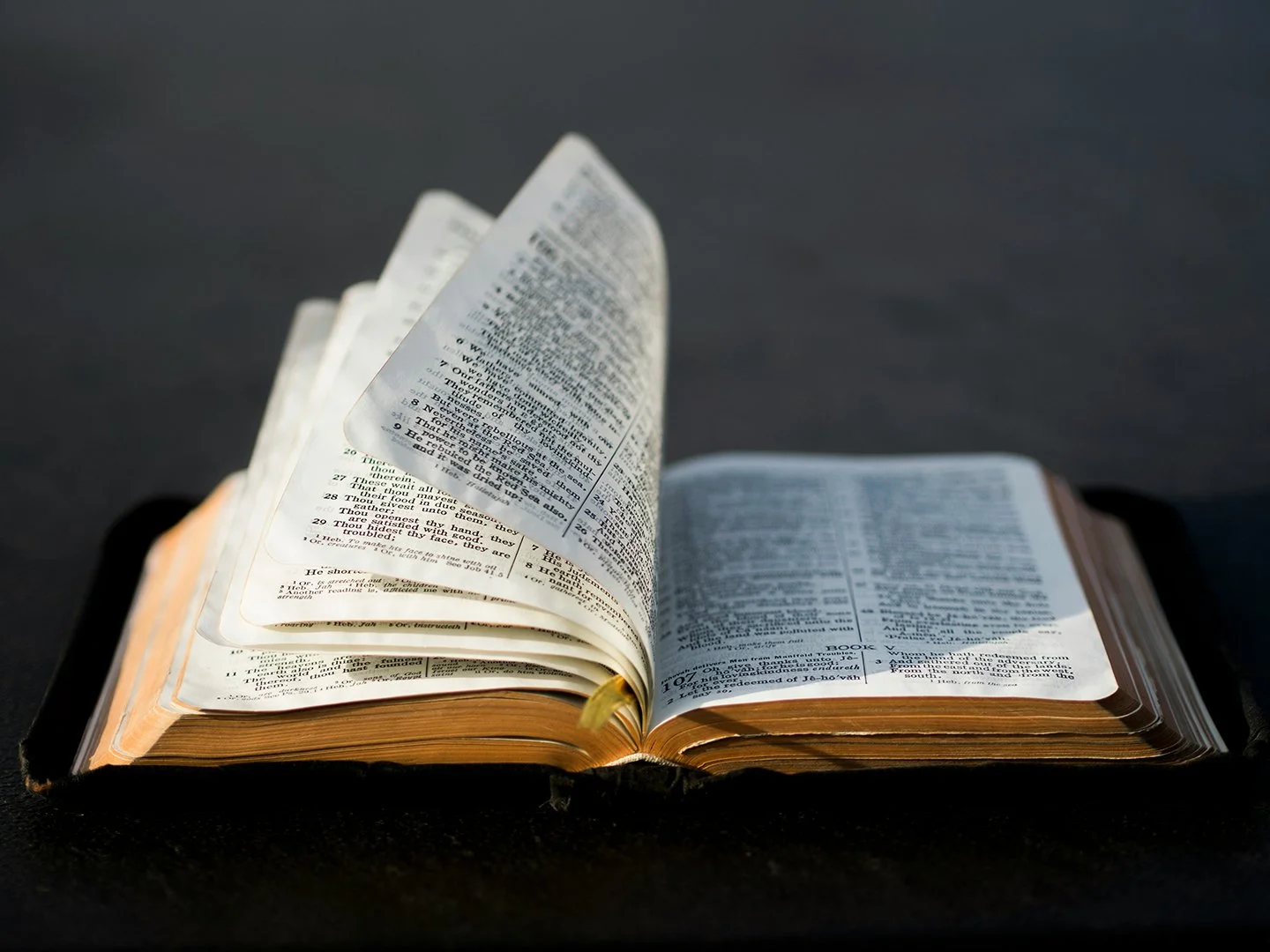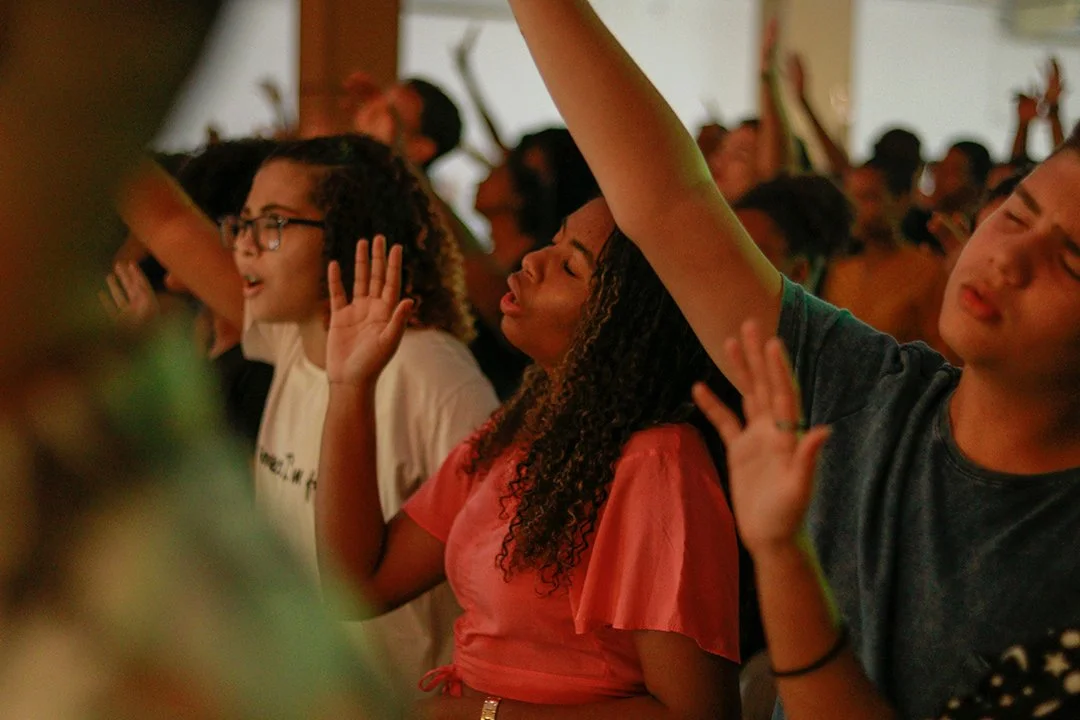When God's Calling Meets Human Manipulation
God had promised Jacob that he would return to the land of Canaan. With the birth of Joseph, Jacob senses that the time has come to move forward. He approaches Laban and asks to leave with his wives and children. Jacob has fulfilled his obligations. He has every right to go. Yet, he seeks Laban’s blessing before departing. This shows…
The Domino Effect and Divine Intervention
Jacob’s family drama escalates into chaos as Leah and Rachel turn their marriage and children into a competition. Leah, realizing she is no longer bearing children, gives her maid Zilpah to Jacob. Zilpah has two sons, Gad and Asher. Rachel and Leah now use their servants and…
The Cycle of Dysfunction
Family pain can multiply when we repeat old mistakes and misrepresent God's heart. Rachel’s longing for children grew into desperation. She envied Leah and cried out to Jacob, “Give me children, or I shall die!” Her pain set off a chain reaction. Instead of seeking God’s timing, Rachel…
Grace in the Midst of Dysfunction
Jacob’s family began to grow quickly. Leah, though unloved by Jacob, gave birth to four sons in rapid succession: Reuben, Simeon, Levi, and Judah. These sons would become the foundation of the twelve tribes of Israel. The Torah will later mention that Jacob had one daughter, Dinah. This is unusual as genealogies in Genesis almost…
When Darkness Deceives
This set of verses has long been controversial. How could Jacob not have been aware of what was happening? There are two most likely answers – simple darkness and the wedding customs of his day. Jacob worked seven years for Rachel, driven by love and hope. When the time came, he asked Laban to honor their agreement. Laban…
Jacob Verses Laban
Laban’s character stands out as he interacts with Jacob. He frames his offer as generosity, but he has already put Jacob to work for a month without pay. This echoes his earlier attempt to delay Abraham’s servant for his own benefit. Laban sees Jacob’s need and uses it…
Jacob at the Well: Strength, Providence, and the Promise of Living Water
Jacob arrived in Haran and found shepherds gathered at a well, waiting to water their flocks. The well was covered by a large stone, which the shepherds would only move together. As Jacob spoke with them, Rachel appeared with her sheep. Jacob saw her and acted immediately. He rolled away the heavy stone by himself and watered…
Jacob and the Shepherds
Jacob arrived in Haran and met a group of shepherds gathered at a well. He greeted them as brothers and asked where they were from. They replied that they were from Haran. Jacob then asked if they knew Laban, the son of Nahor. The shepherds confirmed they did and pointed out that Laban’s daughter Rachel was approaching with…
Jacob at the Well: A Foreshadowing of Divine Encounters
Jacob’s journey brought him to the land of the Easterners, where he arrived at a well in the open country. Three flocks of sheep waited nearby, unable to drink until all the shepherds gathered to roll away the heavy stone covering the well. This scene is more than a travel detail. The well stands as a place of divine appointment, where God’s guidance…
Jacob’s Vow at Bethel
Jacob woke from his dream at Bethel with a sense of awe and urgency. He took the stone that had served as his pillow and set it up as a pillar, pouring oil on top to consecrate it. This act marked the spot as holy, a visible sign of his encounter with God. Jacob named the place Bethel, meaning “house of God,” recognizing that God’s presence…
Jacob’s Ladder: A Gateway to Divine Promise and New Testament Fulfillment
Jacob left home in fear and uncertainty. He stopped for the night, using a stone for a pillow. As he slept, he saw a stairway reaching from earth to heaven. Angels moved up and down. The Lord stood beside him and spoke. The Lord repeated…
Surface Change Without Spiritual Change
Esau watched as Isaac blessed Jacob and sent him to find a wife among their relatives. He realized that his own marriages to Canaanite women had deeply disappointed his father and disrespected the covenant. Wanting to regain favor, Esau married Mahalath, a daughter of Ishmael. He tried to fix his mistake by choosing a wife from within…
Jacob’s Journey and a Shift in the Narrative
Isaac called Jacob and gave him clear instructions. He told Jacob not to marry a Canaanite woman, unlike the actions of his brother Esau. Instead, Jacob was to travel to Paddan Aram and find a wife from the family of Laban, Rebekah’s brother. Isaac’s command reflected a deep concern for preserving the faith and identity of Abraham’s…
The Aftermath of Deception
Esau’s anger burned after Jacob received the blessing he believed was his. He held a grudge and planned to kill Jacob once their father, Isaac, died. Esau’s words reveal the depth of his pain and the seriousness of the family’s brokenness. Rebekah learned of Esau’s plan and acted quickly. She called Jacob and urged him to flee to…
The Sorrow of Lost Blessing
Isaac faced Esau with sorrow and finality. He told Esau that he had made Jacob lord over him and given all his relatives to him as servants. Isaac had also sustained Jacob with grain and new wine. Isaac could not undo what he had spoken. The blessing carried legal and spiritual authority. Once given, it shaped the future. Isaac’s words revealed…
The Irrevocable Blessing, Jacob’s Failure, and God’s Sovereignty
Isaac’s blessing, once spoken over Jacob, could not be undone. When Esau returned and learned what had happened, Isaac trembled and declared, “he has taken away your blessing.” The words Isaac spoke carried legal and spiritual weight. In the ancient world, a father’s blessing was binding. It set the course for inheritance…
The Blessing and the Reversal
Isaac’s blessing of Jacob stands as a turning point in the story of God’s people. Jacob, the younger son, receives the blessing meant for Esau, the firstborn. The words Isaac speaks promise abundance from heaven and earth, authority over nations, leadership within the family, and covenantal protection. These promises echo the blessings given to Abraham…
Divine Promise and Human Deception
Jacob entered his father’s tent with a bold lie. Isaac, old and blind, asked who stood before him. Jacob replied, “I am Esau your firstborn.” He claimed to have returned so quickly with game because “the Lord your God gave me success.” Jacob’s words layered deception upon deception. He not only lied about his identity but also invoked God’s name…
The Deceptive Orchestration
Jacob hesitated when Rebekah revealed her plan. He feared Isaac would touch him and discover the truth. Jacob knew Esau’s skin was hairy, while his own was smooth. He worried about being caught and receiving a curse instead of a blessing. Jacob’s concern was focused on the risk, not whether the act was right or wrong. He did not…
Rebekah’s Risk
Rebekah listened as Isaac planned to bless Esau. She acted quickly by calling Jacob and giving him clear instructions. She told him to bring two young goats so she could prepare Isaac’s favorite meal. Her plan was for Jacob to take the food to Isaac and receive the blessing meant for Esau. Rebekah’s actions came from deep conviction. She favored…




















